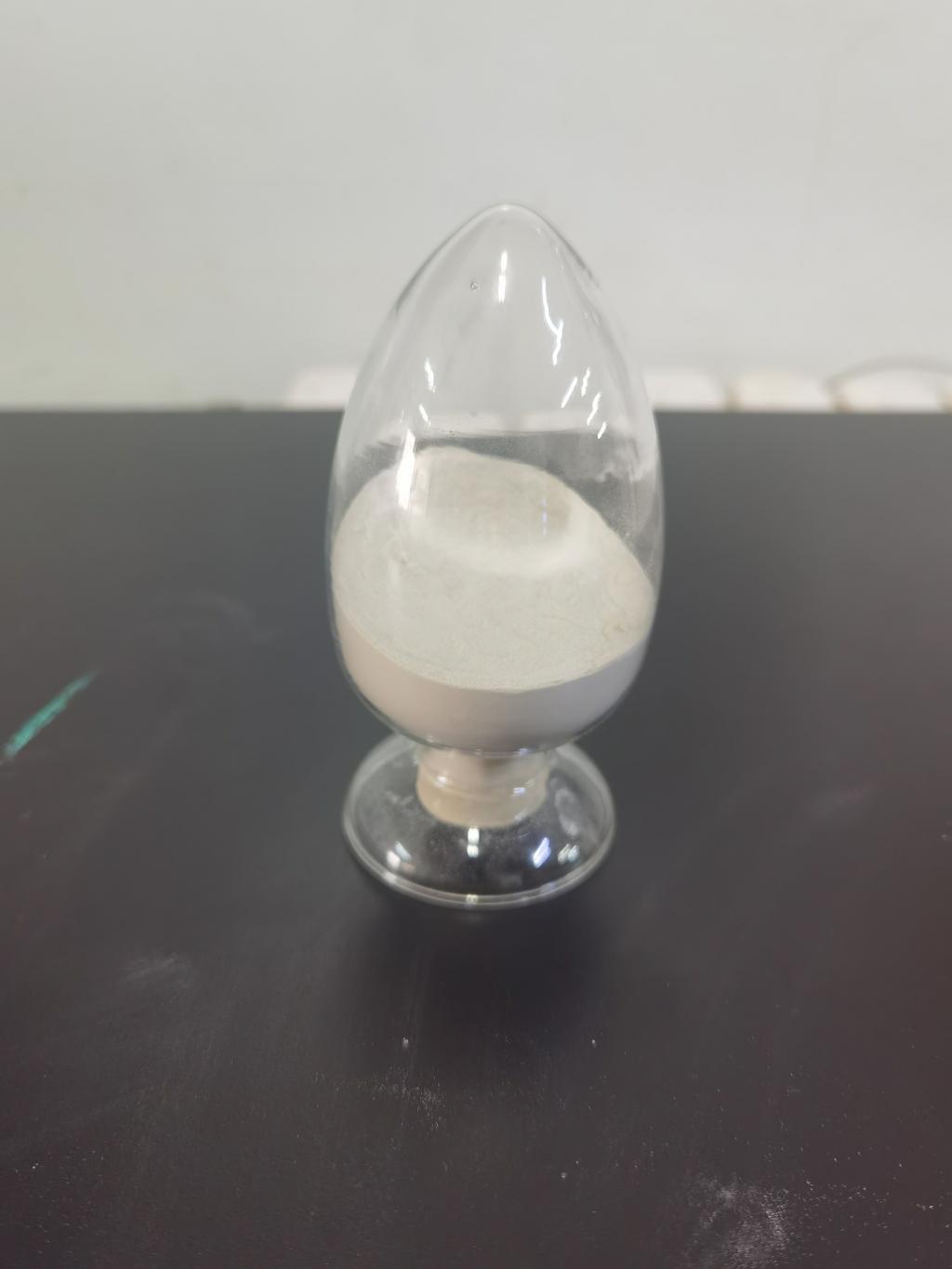Tel:+8618231198596

News
 CONTACT
CONTACT
 CONTACT
CONTACT
- Linkman:Linda Yao
- Tel: +8618231198596
- Email:linda.yao@dcpharma.cn
- Linkman:CHARLES.WANG
- Department:Overseas
- Tel: 0086 0311-85537378 0086 0311-85539701
News
Current Position:
Home >
News
>Nisin Direct sale: Charting New Avenues in Green and Sustainable Food Innovations.
Nisin Direct sale: Charting New Avenues in Green and Sustainable Food Innovations.
TIME:2023-10-18
Introduction
The food industry is undergoing a transformation driven by shifting consumer preferences and growing environmental concerns. Consumers now demand food that is not only nutritious and safe but also environmentally sustainable. As a natural antimicrobial peptide, Nisin presents an opportunity to address these demands and drive green and sustainable food innovations. This article delves into the potential applications of Nisin in sustainable food production, emphasizing its role in minimizing waste, clean-labeling, preserving food, and fostering a circular economy.
1. Nisin: A Sustainable Food Preservative
Nisin serves as an effective natural preservative, extending the shelf life of various food products and reducing food waste. Its sustainability attributes include:
Minimized Chemical Additives: Nisin's natural origin reduces the need for synthetic chemical preservatives, promoting cleaner ingredient labels.
Extended Shelf Life: By inhibiting the growth of spoilage and pathogenic microorganisms, Nisin helps food products stay fresh for longer, reducing the disposal of expired goods.
Reduced Food Waste: Longer shelf life translates to less food waste, which is a significant contributor to environmental degradation.
2. Nisin in Waste Reduction
Food waste is a global issue, with substantial environmental and economic impacts. Nisin can play a role in waste reduction through:
Preservation of Perishable Goods: Nisin extends the usable life of perishable products, such as dairy, meat, and baked goods, reducing the likelihood of these items being discarded prematurely.
Preventing Spoilage: Nisin inhibits the growth of spoilage microorganisms, which can lead to the discard of food items before they are consumed.
Enhancing Resource Efficiency: By decreasing food waste, Nisin contributes to resource efficiency, as fewer resources are used in the production, transportation, and disposal of food.
3. Clean Labeling with Nisin
Clean labeling is a significant trend in the food industry, with consumers increasingly seeking transparency and simplicity in food product labels. Nisin supports clean labeling by:
Reducing the Need for Synthetic Preservatives: Nisin's antimicrobial properties mean that fewer synthetic preservatives are required, aligning with the clean-label movement.
Natural and Recognizable Ingredient: Nisin is a naturally occurring peptide, making it a familiar and well-accepted ingredient for consumers.
Meeting Consumer Preferences: Food products that incorporate Nisin can cater to consumer preferences for cleaner, more natural ingredient lists.
4. The Circular Economy and Nisin
Nisin is an enabler of the circular economy in the food industry, where resources are utilized efficiently and waste is minimized. Key aspects include:
Reducing Environmental Impact: Nisin's role in extending shelf life and reducing waste contributes to a more sustainable food system, minimizing the environmental footprint of food production.
Resource Conservation: By preserving food items and minimizing waste, Nisin supports the conservation of resources used in food production, packaging, and transportation.
Economic Benefits: A circular economy approach that incorporates Nisin can yield economic benefits through waste reduction and resource efficiency.
5. Sustainable Packaging and Nisin
Sustainable packaging is a critical component of green and sustainable food innovations. Nisin's role in food preservation can extend to packaging:
Reducing the Need for Excessive Packaging: Longer shelf life afforded by Nisin can enable the use of less packaging material, leading to reduced waste and environmental impact.
Extending Shelf Life of Packaged Products: Nisin helps maintain product quality, reducing the frequency of discarded products due to spoilage.
6. Nisin in Plant-Based and Alternative Proteins
Plant-based and alternative proteins are an important part of sustainable food innovations. Nisin can be used to extend the shelf life and ensure the safety of these products, contributing to a more sustainable protein source.
Reducing Food Waste: Nisin can help mitigate the challenge of shorter shelf life often associated with plant-based and alternative protein products.
Enhancing Sustainability: By supporting plant-based and alternative protein products, Nisin contributes to reducing the environmental impact of traditional meat production.
7. Challenges and Considerations
While Nisin holds significant promise in green and sustainable food innovations, it is essential to address challenges and considerations:
Regulatory Compliance: Manufacturers must ensure compliance with regulatory guidelines regarding Nisin usage, including permissible concentrations and labeling requirements.
Consumer Awareness: Educating consumers about the benefits and safety of Nisin is critical to building trust in sustainable food products that incorporate this ingredient.
8. Conclusion
Nisin represents a valuable tool for charting new avenues in green and sustainable food innovations. Its applications in food preservation, waste reduction, clean labeling, and support for a circular economy are pivotal in addressing the environmental and consumer-driven challenges facing the food industry. By harnessing Nisin's potential, the food industry can embrace a more sustainable and eco-friendly future, providing consumers with safer, longer-lasting, and environmentally responsible food options.
- Tel:+8618231198596
- Whatsapp:18231198596
- Chat With Skype







